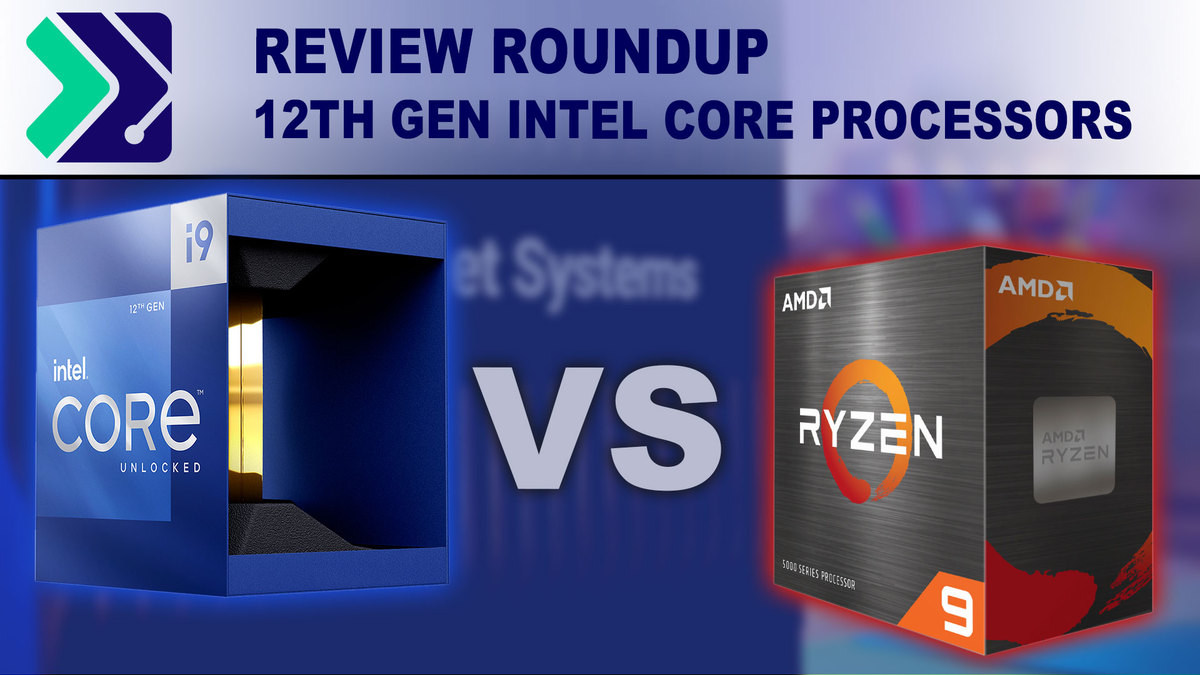M42
Reputable
Go ahead and quote internet videos. Everything you watch on the internet must be truthful, right?Sorry what? Rocket Lake is the biggest pile of **** intel launched in a while, so no back to back improvements there and certainly Rocket Lake did not catch up to Zen3 single core performance... synthetic benchmarks do not count at all when real gaming scores show the opposite.
We have both 5950x and 11900K systems at my work. We run SolidWorks, which is known to be sensitive to single-threaded performance. Solidworks runs about the same in single-threaded operations on the 11900K systems as the 5950x's.



